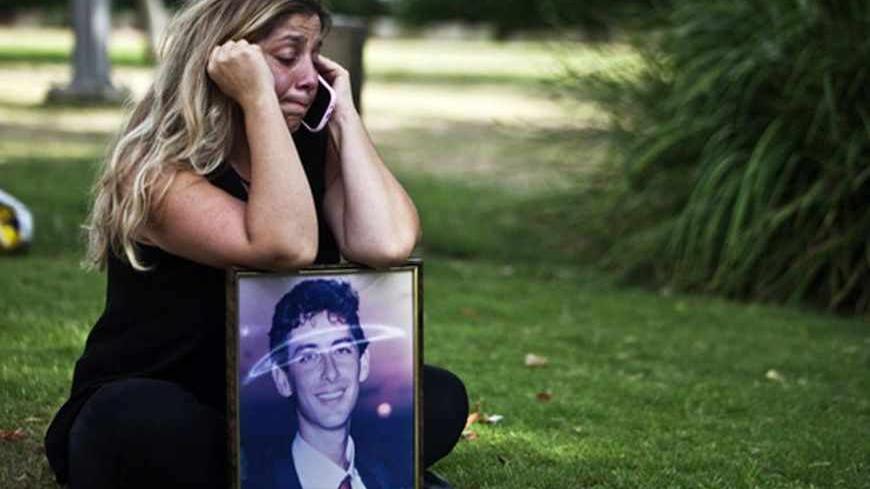I’ll be damned if I understand the logic behind the list of prisoners who Israel is releasing in advance of the new peace talks between Israelis and Palestinians. The initial list, which was published on the eve of these talks on Aug. 11, contains 26 out of the 104 prisoners who Israel committed itself to releasing in stages during the talks, based on the progress of the negotiations.
Their release was a precondition for the relaunching of the talks, and was intended to boost Palestinian Authority Chairman Abu Mazen (Mahmoud Abbas) and bolster support for him among the Palestinian public, which has long since lost faith in him and in some possible peace process with the Israelis. It was intended to strengthen him after spending years trying to weaken him.



